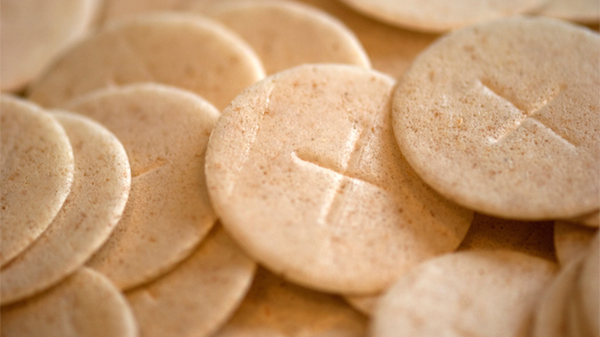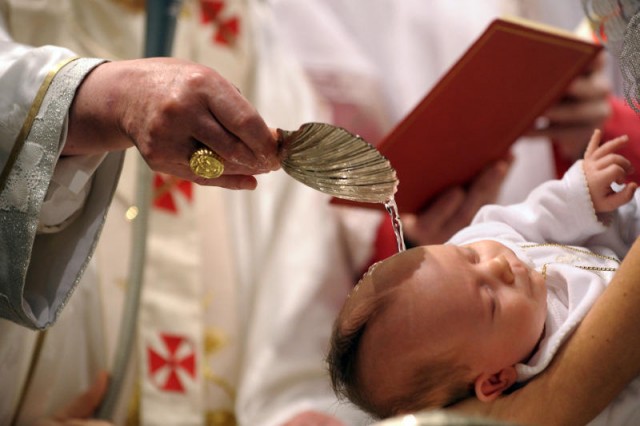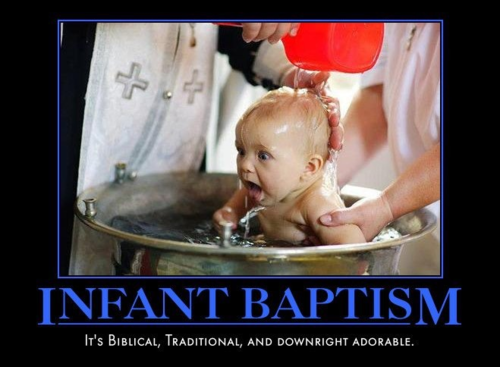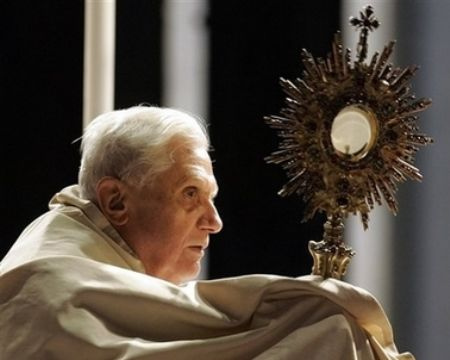5th Sunday Of Lent: 23rd March, 2012
As this Lenten season reaches its climax, our Sunday Mass Readings are filled with anticipation.
In the First Reading, the Prophet Jeremiah speaks of a time to come when God would make a new kind of covenant with His people, one dramatically different from the ones made before. Under this new covenant the exiled tribes would be gathered together. It would signal a new era and a new level of intimacy with the Lord. After hearing these words of Jeremiah, God’s people waited in eager anticipation of this promised future.
In our Gospel Reading, Jesus is approached by some Greeks. At their arrival Jesus declares that “The hour has come…”. The “hour” of which Jesus speaks refers to His Passion, Death, Resurrection and Ascension. With the coming of this “hour”, what was promised through the Prophet Jeremiah will finally reach fulfillment through Christ. Not only will the Children of Israel be gathered together, but so too will all people, “wash[ed]…and cleanse[d]” as we sing in today’s psalm.
Jesus says that He must die in order to bring eternal life. If Jesus is the Head of the Church, then His Body must do likewise:
Anyone who loves their life will lose it, while anyone who hates their life in this world will keep it for eternal life. – John 12:25

I want to know Christ—yes, to know the power of his resurrection and participation in his sufferings, becoming like him in his death, and so, somehow, attaining to the resurrection from the dead – Philippians 3:10
The new life which Jesus brought to mankind is made present to us at every Mass in the Blessed Sacrament. Sometime this week, in preparation for Easter, why not spend an additional Holy Hour asking for the grace to live a life in imitation of our Lord?
Read more





